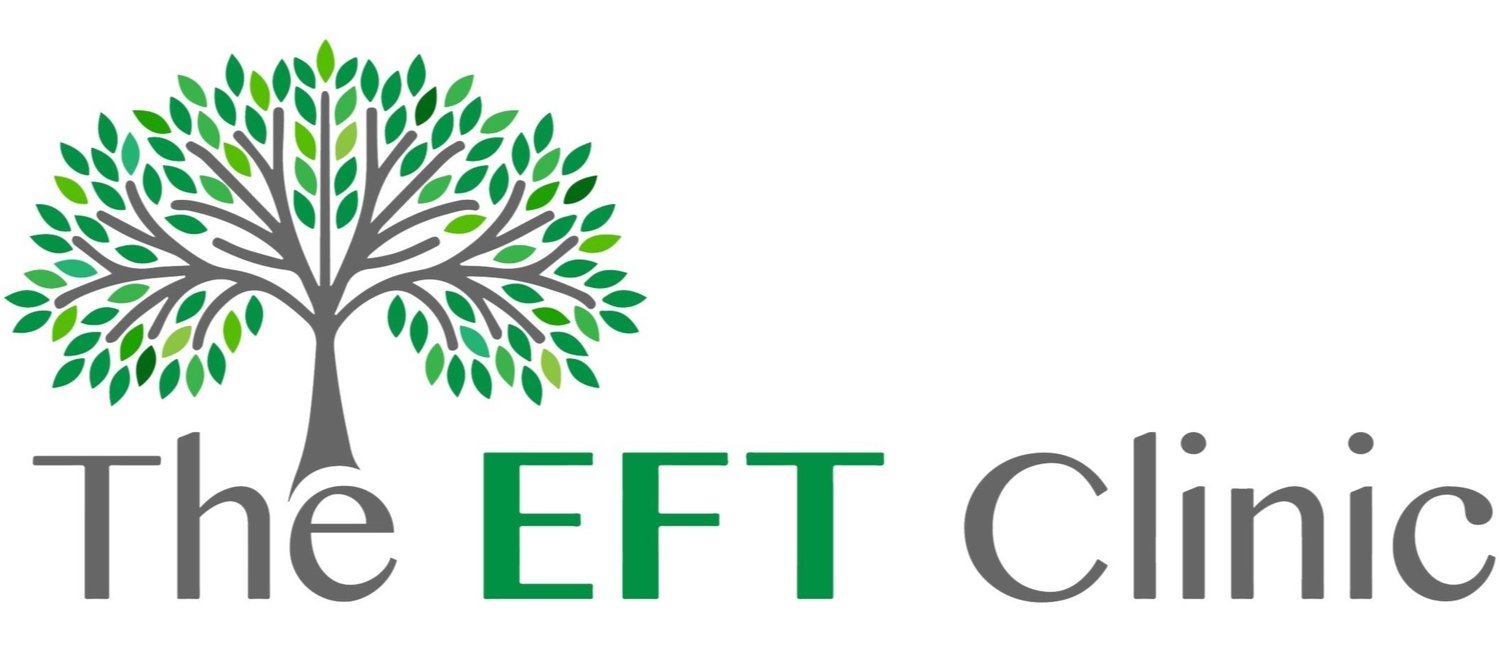Anxiety Attacks vs. Panic Attacks
/Anxiety/Panic Attacks: What is the difference?
by Cami Horrocks, LMFT
People often use the terms “panic attack” and “anxiety attack” interchangeably, but they are different experiences with varying symptoms. Anxiety comes on gradually and is often better described as worry rather than fear or panic and is often about more abstract, uncertain threats. Someone experiencing anxiety is often able to recognize that their nervousness is unwarranted, although that doesn’t always alleviate the symptoms. Symptoms of anxiety include feeling irritable, restless, and having difficulty concentrating. Someone may experience the symptoms before and during a stressor but the anxiety gradually decreases when the stressor is gone or has passed. Anxious feelings create higher levels of cortisol in our bodies, which is the primary stress hormone used to fuel the “fight-or-flight” response. After the stressor is gone, the cortisol levels in the body should decrease, thus slowing the heart rate and feeling calmer and more regulated again.
Panic attacks, on the other hand, create a rush of the hormone adrenaline, but not much cortisol. Panic attacks come on more suddenly and the symptoms feel more extreme. Someone suffering from a panic attack may experience feeling detached from their body, fear of being out of control, and often have a fear of dying. Their body is telling them there is perceived or imminent danger. Even if the person cannot identify the stressor bringing on the panic attack, it is an indication that something may be wrong. The physical symptoms of panic attacks can include sweating, trembling, a racing heart, nausea, the feeling of being choked or shortness of breath. A person can be diagnosed with a panic disorder if their panic attacks become more recurrent and they begin to experience a frequent fear around having more panic attacks.
Long-term treatment for panic and anxiety:
Medication
Psychotherapy
Diet and Exercise
Journal-track triggers
Prioritize sleep
Mindfulness/Meditation
Immediate helps for in-the-moment coping with anxiety and panic:
Acknowledge you are having a panic attack/experiencing anxiety
Focus on an object in the room
Close your eyes and breathe
Breathe in slowly through your nose, breathe out gently through your mouth
Grounding/Mindfulness
Reach out for support
Helping a loved one who is experiencing a panic/anxiety attack:
Stay calm. Talk slowly and quietly
Reassure them you are there and won’t leave
Remind them the attack will pass momentarily
Keep in mind that your loved one knows what’s best for themselves and what has worked in the past
Don’t take curt or short responses personally. They often struggle to think or behave appropriately
Ask before you touch. Some people are over-sensitized during the attack and touching them may feel like a threat.


